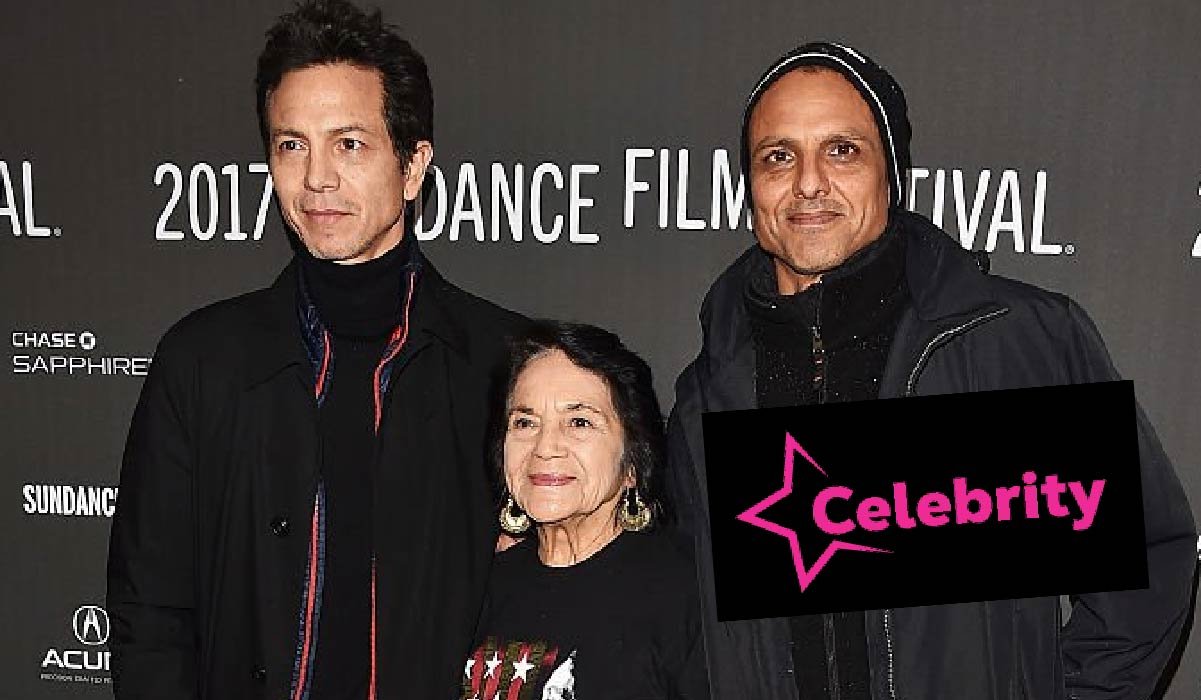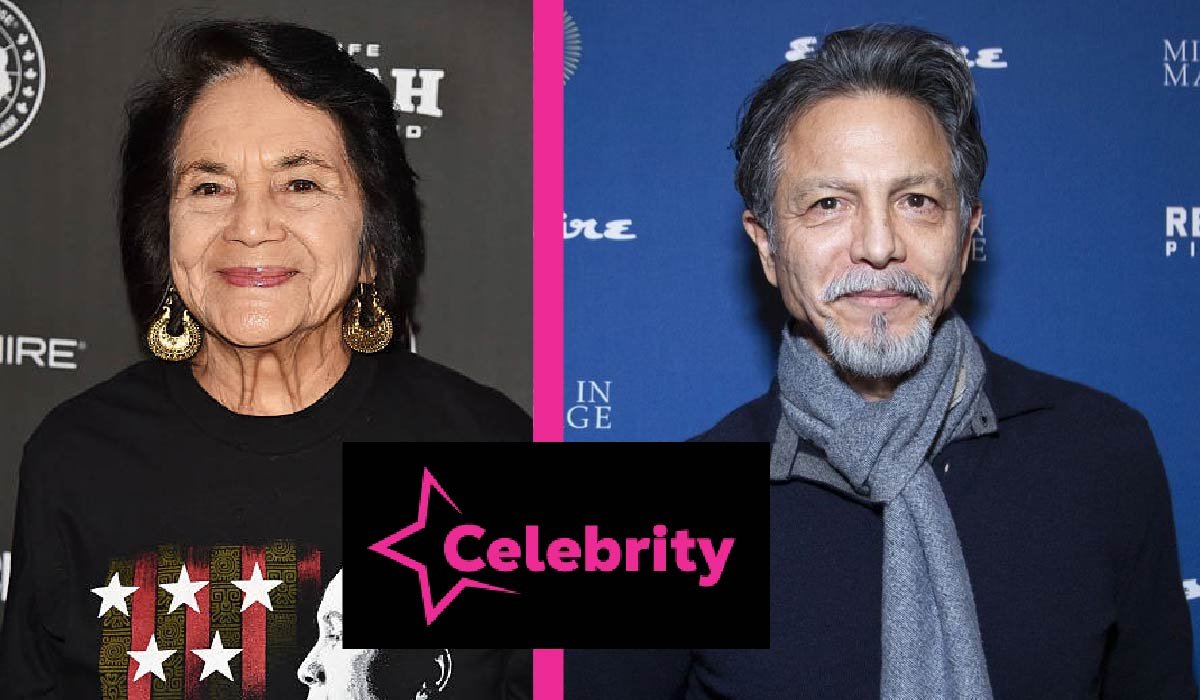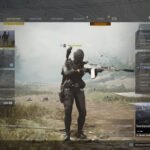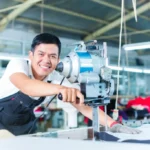Quick Bio
| Detail | Information |
|---|---|
| Full Name | Eldy Banda |
| Date of Birth | March 22, 1940 |
| Place of Birth | Lima, Peru |
| Nationality | Peruvian-American |
| Ethnicity / Heritage | Quechua (Indigenous Peruvian) |
| Profession | Nurse, Activist |
| Known For | Mother of actor Benjamin Bratt, Native American rights activist |
| Husband | Peter Bratt Sr. (Sheet metal worker) |
| Children | 5, including Benjamin Bratt (actor) and Peter Bratt Jr. (filmmaker) |
| Residence (Later Life) | San Francisco, California, USA |
| Date of Death | Not publicly confirmed |
| Legacy | Compassionate nurse, social activist, cultural pride, and influence on her children’s careers |
Early Life and Background
Eldy was born on March 22, 1940, in Lima, Peru, into a family proud of its Quechua background. Growing up in Peru gave her a strong sense of identity rooted in the traditions of her ancestors. She learned from her family the importance of honoring one’s culture, and this remained a constant part of her life even after she moved away from her homeland. As a child, she was surrounded by a blend of Peruvian traditions and everyday family life that shaped her character. The Quechua people are known for their resilience, community bonds, and deep connection to heritage, and Eldy carried these values with her when she eventually left Peru to start a new life.
People Read Also: Who Is Mattigan Twain Warrior? Full Story of The Ultimate Warrior’s Daughter
Immigration to the United States
When Eldy was only fourteen years old, she immigrated to the United States. For any teenager, leaving home is a difficult experience, but for a young girl moving to an entirely different country, the transition was even more challenging. She had to adjust to a new language, a new way of life, and the struggles of adapting while still holding on to her identity. She settled in San Francisco, California, where she would eventually make her mark. This city, known for its diversity and activism, became the place where Eldy’s own passion for justice found a voice.
Age and Appearance
Eldy Banda was born on March 22, 1940, in Lima, Peru, and although exact details about her height, weight, or other physical features were never publicly shared, she was known for carrying herself with quiet strength and dignity. People remembered her more for her warm personality, her pride in her Quechua roots, and the compassion she showed as a nurse and activist rather than for her outward appearance, which made her inner character the most lasting impression she left behind.
Marriage to Peter Bratt Sr.

During her early years in San Francisco, Eldy Banda met Peter Bratt Sr., a hardworking sheet metal worker who shared her values of family and perseverance. Their marriage became the foundation of a close-knit household where love, respect, and cultural pride were at the center. Together, they raised five children and worked hard to provide stability while also encouraging their family to stay connected to their heritage. Although they faced the everyday challenges of immigrant life, their partnership was built on mutual support, and it played a key role in shaping the strong values that their children carried into adulthood.
Education and Nursing Career
Eldy chose a career in nursing, and this decision reflected her natural compassion for others. Nursing is a demanding profession that requires patience, empathy, and dedication, and Eldy embodied all of these qualities. She studied hard to become a nurse and went on to care for countless patients throughout her career. Her work was never just about medical treatment—it was about treating people with dignity and respect. Those who worked with her and those who were treated by her often spoke about her kindness and attentiveness. In a profession where burnout is common, Eldy’s drive came from a genuine desire to help people, and this made her a special presence in the healthcare community.
Challenges and Triumphs
Eldy’s journey was not without challenges. As an immigrant woman of color in the United States, she encountered discrimination and barriers that could have easily discouraged her. However, she did not let adversity define her. Instead, she used it as motivation to keep moving forward. Whether it was in her nursing career, her activism, or her personal life, Eldy’s resilience was a guiding force. She showed her children and those around her that determination and strength could overcome prejudice and difficulty.
Cultural Heritage and Identity
Her cultural identity remained central throughout her life. Eldy was proud of her Quechua roots, and she made sure her children understood the importance of heritage. She passed on traditions, values, and stories that connected them to their ancestors. This pride in culture gave her children a sense of belonging and responsibility to honor where they came from. For Eldy, heritage was not something to be hidden or forgotten—it was something to be celebrated and shared.
Legacy and Lasting Impact
Eldy’s legacy is powerful because it reaches across different areas of life. She left behind the memory of her work as a compassionate nurse who cared deeply for her patients. She left behind the impact of her activism, which contributed to raising awareness about Native American rights and social justice. Most importantly, she left behind a family that continues to embody her values and share her influence with the world. Her children, especially Benjamin and Peter Jr., have used their platforms to tell stories and fight for causes that reflect their mother’s teachings.
Eldy Banda Net Worth
Conclusion
Eldy Banda’s life was a powerful example of love, resilience, and purpose. From her roots in Peru to her years in San Francisco as a nurse, activist, wife, and mother, she lived with compassion and strength while never losing pride in her Quechua heritage. She raised five children, including Benjamin and Peter Jr., who continue to honor her legacy through their work and values. Though she lived much of her life outside the public eye, Eldy’s influence remains strong, reminding us that true impact is measured not by fame or wealth but by the lasting difference we make in the lives of others.
FAQs About Eldy Banda
Who was Eldy Banda?
Eldy Banda was a Peruvian-born Quechua nurse, activist, and the mother of Hollywood actor Benjamin Bratt.
Where was Eldy Banda born?
She was born in Lima, Peru, and moved to the United States at the age of 14.
What did Eldy Banda do for a living?
She built a career as a nurse, caring for patients with dedication and empathy.
Was Eldy Banda involved in activism?
Yes, she was active in social justice, especially Native American rights, and even joined the 1969 Alcatraz occupation.
How many children did Eldy Banda have?
She had five children, including actor Benjamin Bratt and filmmaker Peter Bratt.
How did Eldy Banda influence Benjamin Bratt?
Her activism and cultural pride deeply shaped Benjamin’s worldview, career, and advocacy.
What is Eldy Banda’s legacy?
Her legacy lives on through her family, her contributions to healthcare, and her fight for justice and equality.














